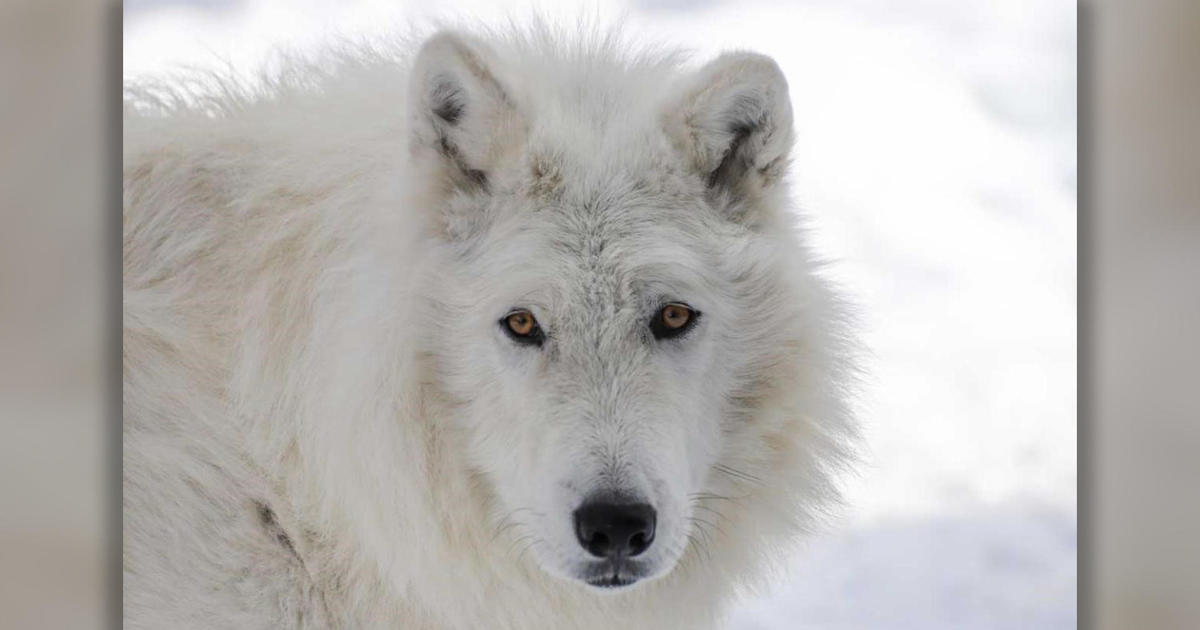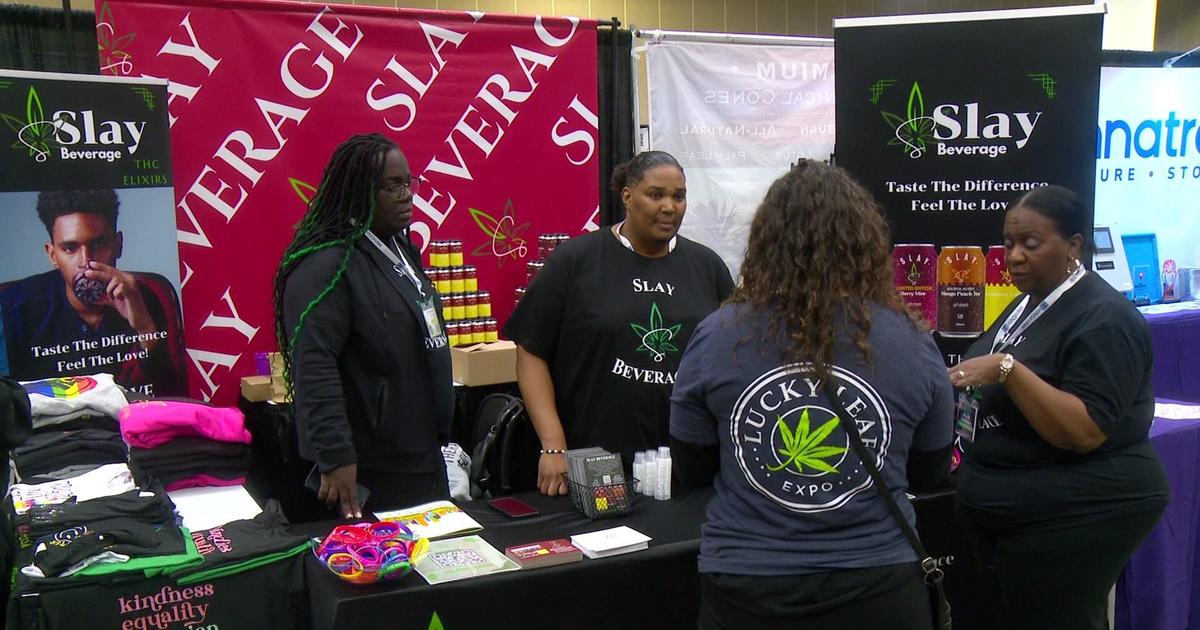Movie Blog: 'Stuck Between's Makers Talk Movies, Mpls
I got a chance to talk with the director and lead actor/writer of the Minnesota-made movie Stuck Between Stations.
Sam Rosen is the movie's leading man and he also happens to be one of the script's writers. Brady Kiernan is the man Rosen trusted with the script. Kiernan directed the movie and brought it to where it is today, playing at the St. Anthony Main Theater.
Quickly, now. Here's what the movie is about. Casper (Sam Rosen) is a soldier stationed in Afghanistan who's returned to Minneapolis to attend his father's funeral. He's understandably blue and spends afternoons shooting shook-up Grain Belt cans with a bb-gun. Then, on the eve of his departure back to military life, he happens upon Rebecca (Zoe Lister-Jones), the girl he crushed on in high school, at First Avenue. They get to talking and walking and end up doing an impressive series of cute and somewhat crazy things, such as sneaking into a professor's house in order to take back Rebecca's computer.
The movie is charming, youthful and sexy in a smart, atmospheric way. Also, one might get the impression it's cinematography is a mild-mannered love letter to Minneapolis; trust me, Stuck Between Stations will make you curse this brown Christmas as you watch scene after scene of the city on a summer night -- one that's not too hot or cold but perfect for a portrait of a boreal Eden.
For more on the movie, read my original blog post. But now it's time for the creators' to talk.
Where did you get the story for Stuck Between Stations?
Rosen: I never really know exactly how to answer these questions, because it always happens so vaguely. I have a writing partner; my co-writer on this is a guy named Nat Bennett. I think the story's seed comes from, maybe, a short story of his that I read a long time ago about a guy coming back from the war, and, you know, what he wants from life being back here and what the reality back here is. I think the seed started there. The character in that story was really interesting, and we started working on a play … about that guy and him running into the girl that he was in love with in high school.
We put that play down for a long time, and one day pulled it out of the drawer and really thought through the movie. And that was the first act of this play, and we re-focused that into a screenplay.
What do you like about that character, about the soldier?
Rosen: I thought he was a very unique guy with a unique perspective. Sometimes that perspective being that he doesn't understand everything that is going on in his life, and he's doing his best to make sense of it. And he's made these decisions in his life that he feels are the best decisions for his life, but, you know, when you step back and look at him, [the decisions] may have possibly lead him down this road of a little more confusion, a little more frustration and sadness. But he hasn't let go of trying to find some happiness and just get by. I think making him a soldier was the really interesting platform.
Kiernan: And this guy, you know, he's from south Minneapolis, first and foremost. He's into a lot of other stuff. A soldier is not the end-all-be-all of who he is. It's just a part of his personality, and I really like that about the script.
How did you guys happen upon the route taken by Casper and Rebecca?
Rosen: I don't know, man. When Nat and I started writing it, we honestly were just writing scenarios that we were comfortable with and knew well and tried to keep it on like a geographically possible path.
It's a pretty serious route. They do quite a lot. They are very productive.
Rosen: They are very productive. You know, as you get into the reality of making a movie, certain compromises need to be made logic-wise and stuff like that. We tried not to like pull the roof off it too much, but I actually think we even get away with more than you're even referring to. But we just wanted the journey to start somewhere in the city – a bar or club – and end up in somebody's backyard. We knew that going in, and tried to fill it up with interesting spaces.
Kiernan: I think one of the things is that if you've ever had one of these nights where you meet someone and you end up spending the night together, then looking back on the night you're like: 'Oh yah, we did that and then we did that and then we did that.' There are so many things that are packed into that night that make it so special. That was definitely something that informed that journey as well.
Are there any places that you left out for any reason?
Kiernan: I don't think so. I think we knew that it was going to be going from downtown to a non-descript south Minneapolis house. I think we kind of covered most of the stuff that we wanted to. There was definitely some stuff we wanted to avoid. We didn't want to shoot the spoon and cherry, the Mall of America (laughs).
Rosen: We never really thought that we were going to get First Avenue. We were really excited when we did. We couldn't really pick a better place to start the story.
What was it like putting Minneapolis in the movie?
Kiernan: I think what was important for us was setting it in a place where we could relate to all of those experiences. Like at a lot of those locations that we had I was like: 'Oh, right, I went on this date with this girl here. Let's put that in' …. It was something we could all relate to and … we haven't seen a lot of depictions of Minneapolis as a romantic city. Like playing at Tribeca and playing at other festivals around the country, I think the film puts Minneapolis in a very good light, but I also think it allows people to identify it with back home -- where they're from, if people have any romantic notions of homecoming.
Rosen: It wasn't a conscious idea to make Minneapolis look great. It was just the Minneapolis in our minds. You know, it just came organically.
You don't see Minneapolis depicted in popular art very much. What works of art, if any, depict Minneapolis (or Minnesota) well?
Kiernan: Craig Finn with The Hold Steady. His lyrics definitely do that, and that was a big inspiration for us.
Rosen: Yah, Purple Rain.
Kiernan: Purple Rain. Atmosphere's Stuff. Doomtree's stuff. Mostly like music, I guess.
Rosen: Cinematically, I always come back to Purple Rain. That was then, this is now. Well around that era, 80s Minneapolis, it's a totally different Minneapolis, but different from Fargo, Minnesota, you know. They really showed it as an interesting, urban, romantic, cool town.
How long do you think it takes people to fall in love?
Kiernan: I've done it in a day before.
Rosen: (Laughs) It depends on who they are, man. I don't know. I think it's all possible, but it's up to the people falling in love to tell you how long it took. You either believe them or you don't.
Did you guys butt heads at all during the making of the movie with Sam writing it and Brady directing it?
Rosen: No, man. Me and Brady go back a ways already. We collaborated on a couple other things. We were kind of able to observe each other's working style, and appreciate that before we were thrust into this one…. I just think Brady is like the best. He was the first person, we brought this thing to. I had a huge amount of trust in him as a director and a filmmaker both from the writer's standpoint and the actor's standpoint. It wasn't a hard decision to put the reigns in his hands. And on set, the tone the environment that Brady set, there wasn't a lot of butting heads going on. It was very open and positive and easy to work with.
Kiernan: I agree.
What's next with the movie?
Rosen: Right now we're focused on what's going on this run here. You know, opening at St. Anthony Main and making this a positive experience is kind of the main thing right now. I have a hard time like thinking about what's next. Brady, Nat and I are kicking around some ideas. We are planning on collaborating again, and we have some stuff cooking. But right now, it's just trying to make Stuck Between Stations as successful as possible.
Kiernan: In terms of specifics, we begin our theatrical run for a week in Minneapolis. We have an exclusive engagement at the St. Anthony Main theater starting the sixteenth and running until the 22nd. We're getting limited theatrical around the country, so it's going to open in one or two more cities. Then the film will be available on video-on-demand, DVD and Netflix streaming, all that stuff, in the spring of next year (2012).
Are you thinking about a sequel at all? I thought it might be interesting to do a winter version of the movie.
Rosen: When we were working on it as a play, this [Stuck Between Stations] was the first act, then the second act took place a couple years down the road where we thought about were these characters were at at different phases of their lives. But I don't think we're ever going to mess around with a sequel.



